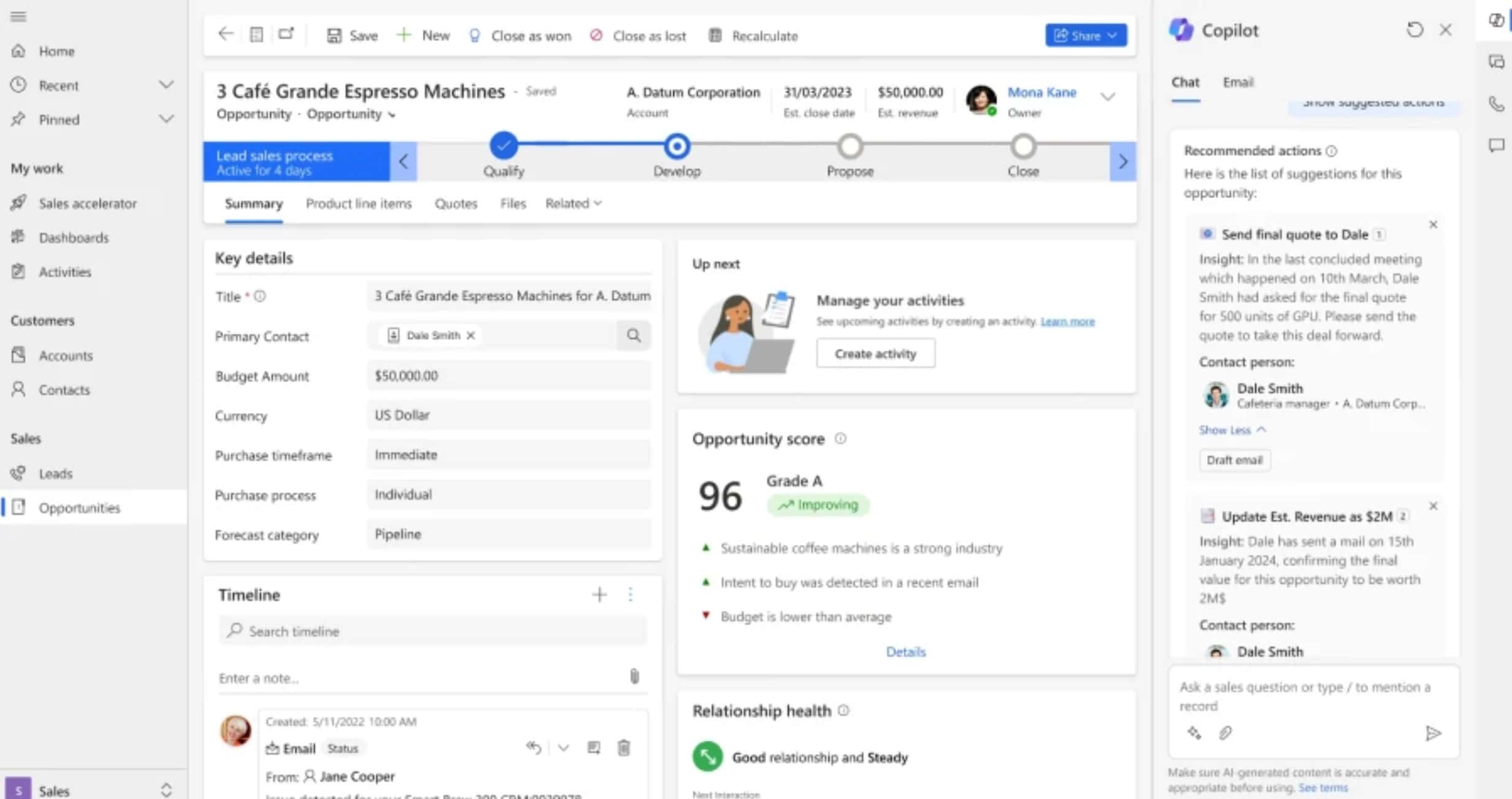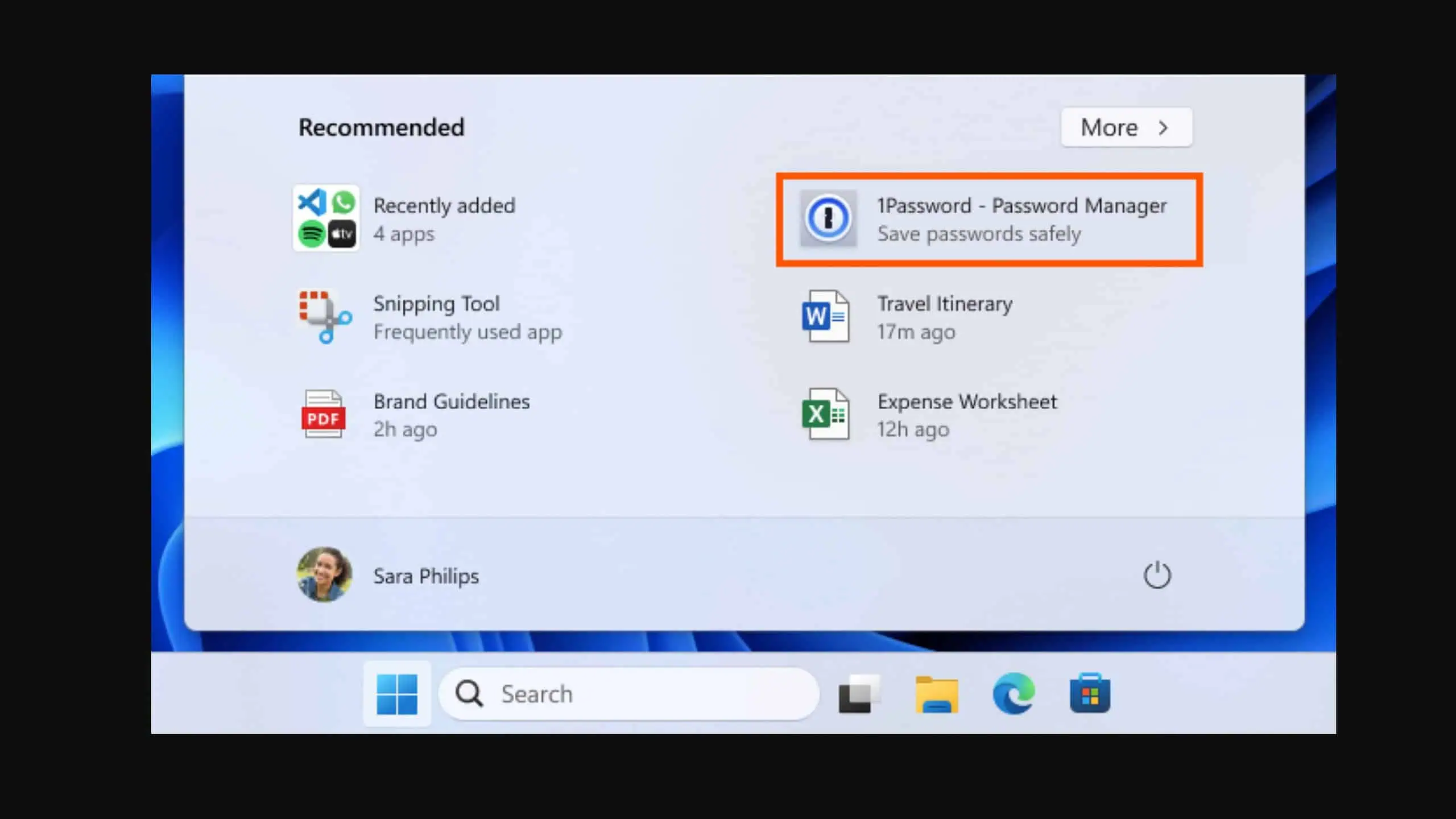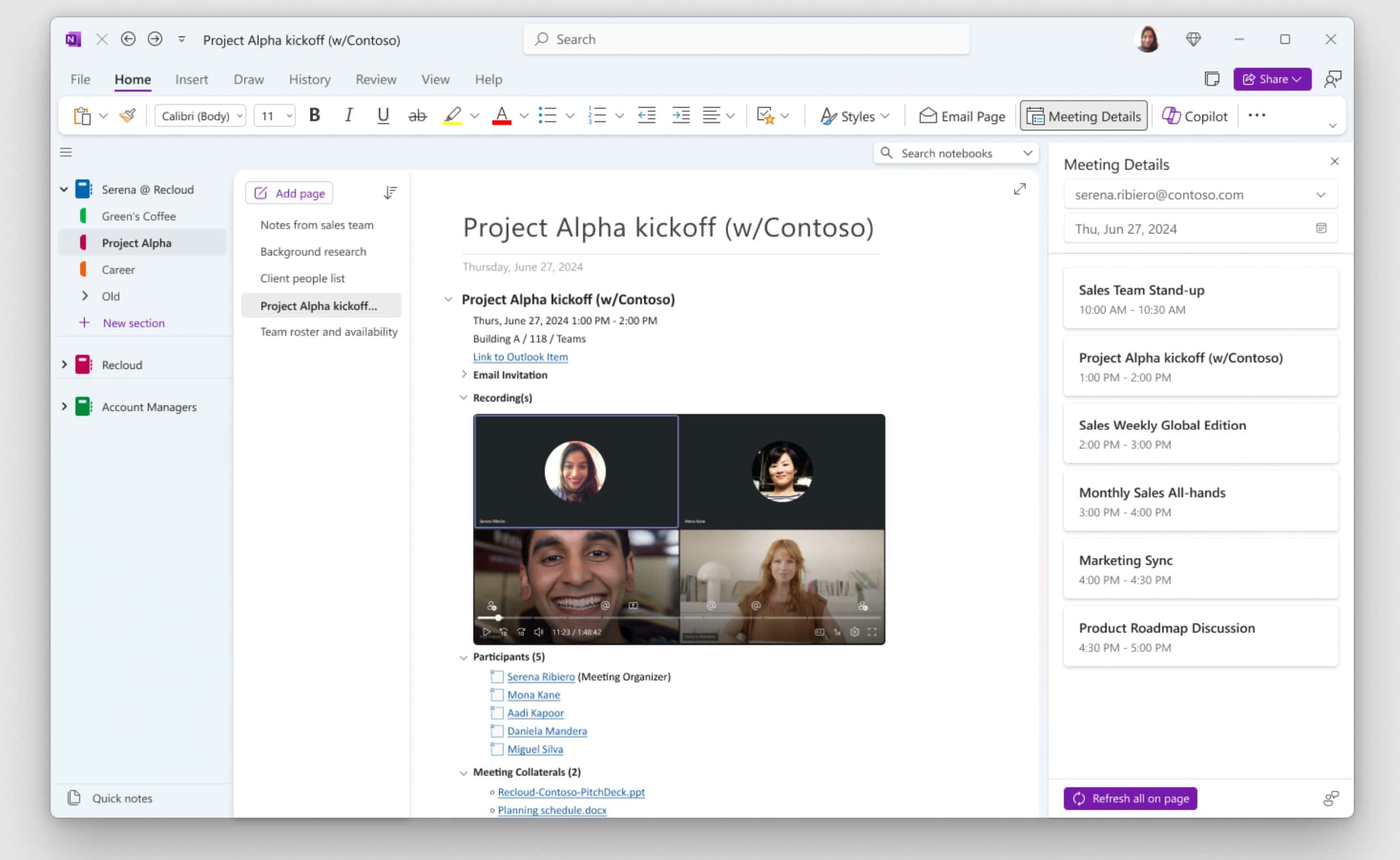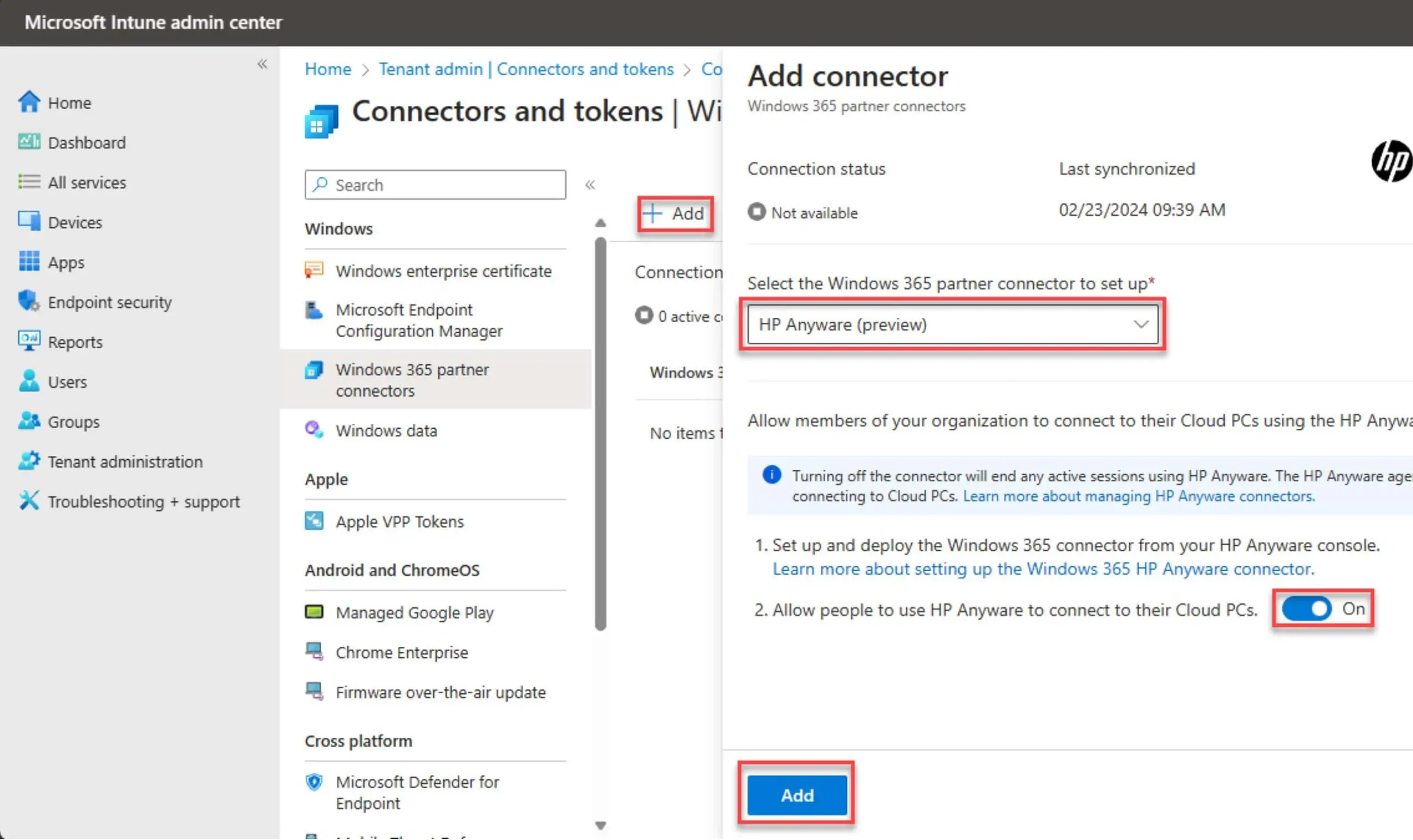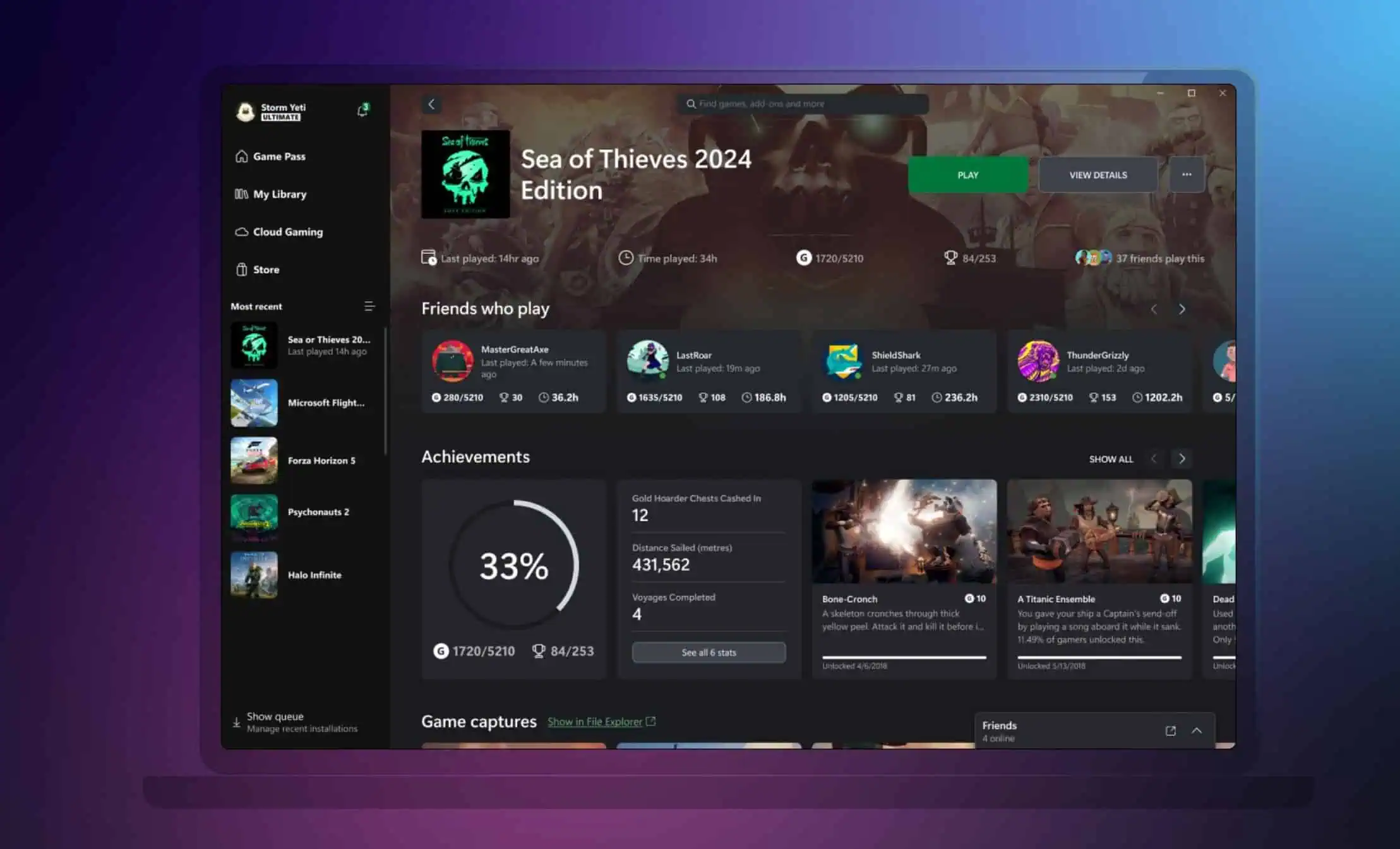Microsoft is killing Visual Studio Codespaces
2 min. read
Published on
Read our disclosure page to find out how can you help MSPoweruser sustain the editorial team Read more
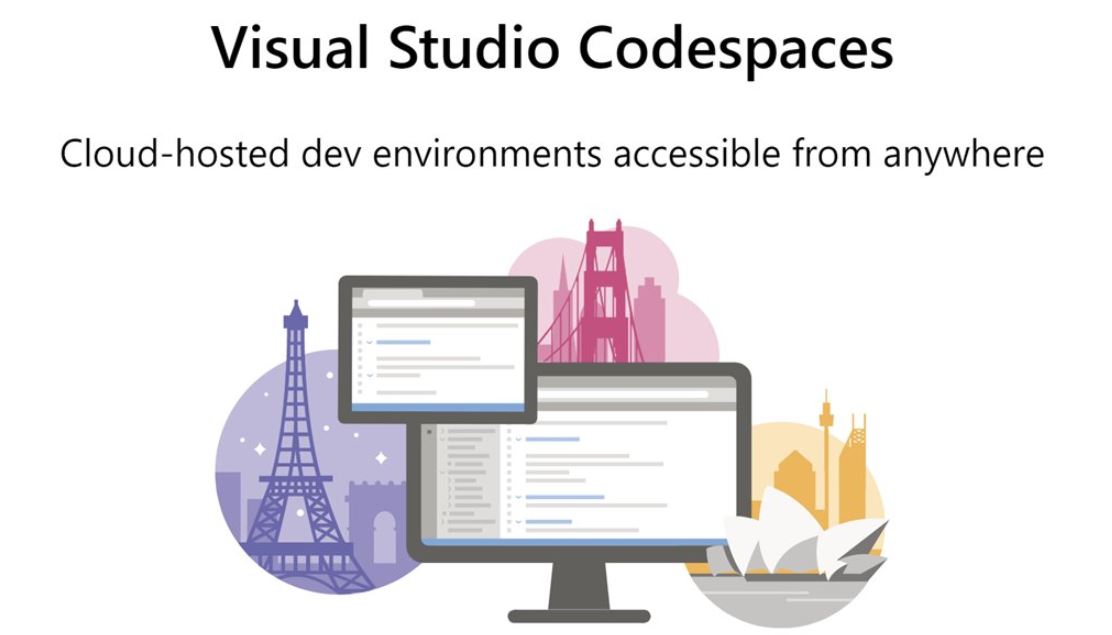
At Build 2019, Microsoft first announced Visual Studio Online, a web-based companion to Visual Studio and Visual Studio Code that allows developers to work on and edit code from any device with latest web browsers. In April this year, Microsoft rebranded Visual Studio Online to Visual Studio Codespaces. Visual Studio Codespaces supported Git repos, extensions, and a built-in command line interface allowing developers to edit, run, and debug applications from any device.
Yesterday, Microsoft announced that Visual Studio Codespaces will be killed and the features will be consolidated into GitHub Codespaces. Existing Visual Studio Codespaces users can transition to GitHub Codespaces now and the current Azure offering will be retired in February 2021. Even though GitHub Codespaces offers an optimized creation experience for GitHub repositories, developers can utilize Git repositories hosted elsewhere (e.g Azure Repos, Bitbucket) with a few extra configuration steps.
Find the full timeline below.
November 20th, 2020
- New user sign-ups to Visual Studio Codespaces are suspended.
- Plan and codespace creation are suspended.
- Users in the Azure service can still connect to their existing codespaces through the portal to access and backup any data.
February 17, 2021
- The service is retired.
- All remaining plans and codespaces in the portal are deleted.
- The portal is deleted.
Here’s why Microsoft is killing Visual Studio Codespaces:
During the preview we’ve learned that transitioning from a repository to a codespace is the most critical piece of your workflow and the vast majority of you preferred a richly integrated, native, one-click experience. Since GitHub is the home of 50M developers, it made sense to partner with them to address this feedback. However, after the GitHub-native experience was released, we started hearing that the two distinct experiences were causing confusion amongst our users.
We believe that by consolidating the current Codespaces experiences into one, we can eliminate confusion, simplify the experience for everyone, and make more rapid progress to address customer feedback.
You can check out GitHub Codespaces limited public beta here.
Source: Microsoft



